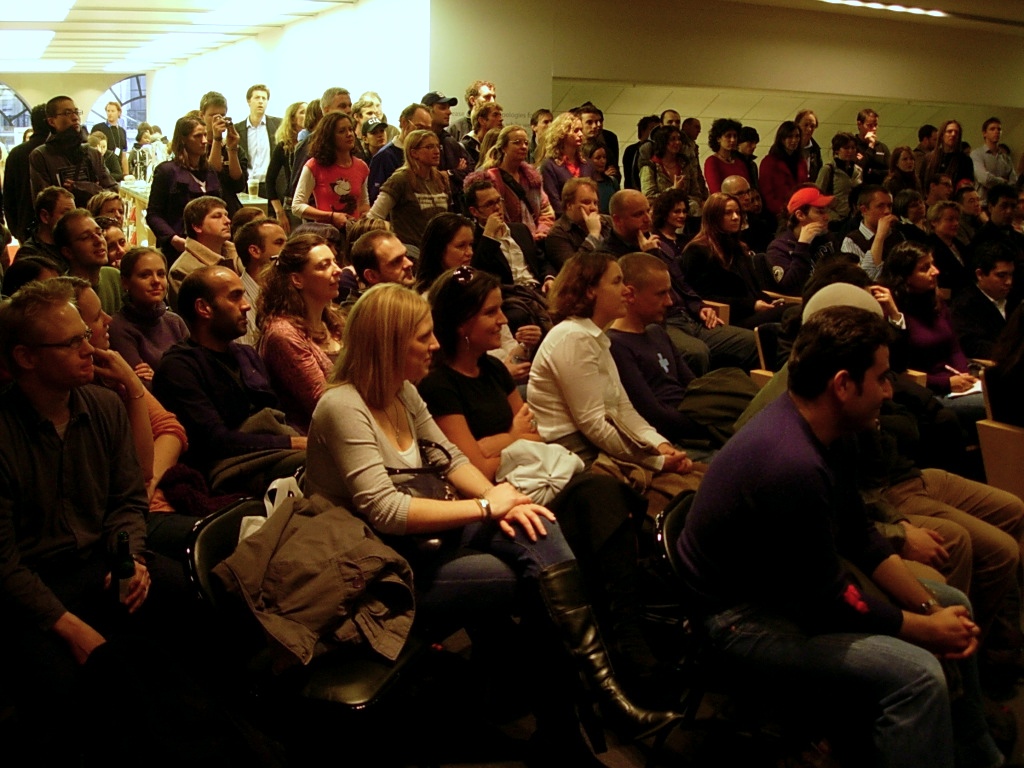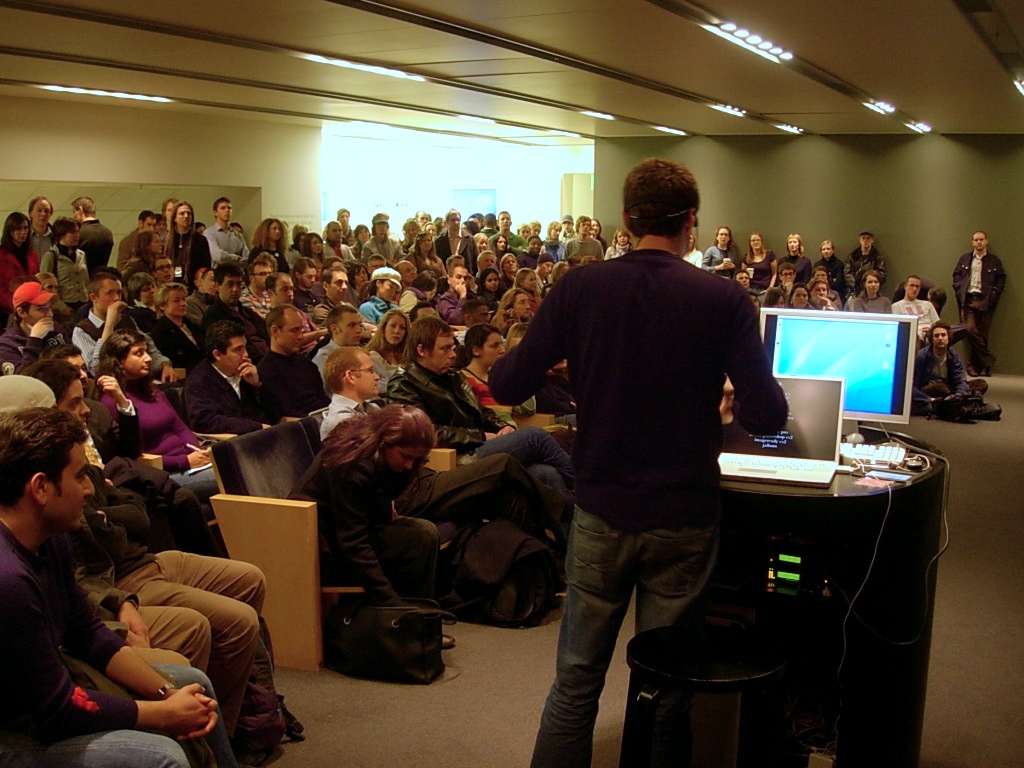mercy. coming home.
After only a week and a half in London, I already miss West Africa.
Speaking engagements and forward planning have kept me too busy to reflect and process, to write. Yet here, on a tray table high above the clouds I'll try. A place closer to heaven than not, disconnected from both both developed and developing worlds.
London's never been cheap for Americans - even New Yorkers, but in contrast to Liberia, it seems profane. Dinner last night with two friends at a bustling but ordinary brasserie in Notting Hill cost $336 - the bill graciously grabbed with a wink as I smiled and offered the tip. To a bar afterwards for $14 cocktails.
Comparisons.
Are they helpful? Can they somehow bridge the growing gap between rich and poor?
Just weeks ago in Monrovia I stopped in on Beatrice, a forty-something woman who almost suffocated to death after almost 20 years with a benign tumor before receiving free surgery on the Mercy Ship. I'd previously been able to help her with "small money" that got her off a concrete floor onto a simple mattress and put mosquito netting around said mattress.
Beatrice asked me about her roof. The rainy season was quickly approaching, the recent torrential downpours leaving us with no doubt about the well-known fact that Liberia gets more rain than anywhere else on the planet.
Beatrice's roof was leaking, and she asked me in simple, broken English to help. I have to admit, I'm ashamed of my first reaction. Having little money myself, I wasn't sure I'd be able to help her more. And then she told me how much.
$20 US.
I bought four long sheets of zinc to cover the large room and stopped the rain from coming in.
Perhaps that's what I'll miss the most these coming days as I try to preach the poor at home with my pictures and stories. It's selfish, maybe, but the stakes are so high in the developing world. Simple acts of personal intervention, little sacrifices can so drastically and visibly change lives.
I'll miss buying the $22 bag of rice that feeds a family of 4 for more than a month. I'll miss paying a landlord $120 for a year to move a mother and her two previously blind children out of a refugee camp and into a home.
I'll miss taking a patient to the dentist where $60 replaces 8 teeth stolen by a tumor and creates a brilliant smile. I'll miss so easily spending $55 to put a boy through school. A boy burned by rebel soldiers, healed by doctors who took a break from their lives and released an arm fused to his side so that he could write.
It's intoxicating, addicting. And I think we need to be doing more of it
I'm 30 years old now, and if you'd asked me a few years ago over a plate of cocaine what I'd be doing today, the answer definitely wouldn't have been "trying to save the world."
Charles Bukowski, a writer who would certainly have appreciated the previous reference, said: "You begin saving the world by saving one person at a time; all else is grandiose romanticism or politics.”
Granted, certainly not an original idea. In fact, terribly cliché even.
Mother Teresa said "if you can't feed a hundred, feed one." And what about the proverbial kid walking on a beach next to thousands of starfish dying in the sun, confronted with the enormity, the futility of his task. As he tossed them into the surf one by one, he said, "well it made a difference to that one."
I think if I've learned anything in this past year and a half in Africa, it's the power of that idea.
And I think what I'm after in the coming years as I try to walk between both worlds - developing and the developed - to bring Beatrice and Alfred and Marthaline and Harris closer to South Kensington and the Meatpacking District. It's really a strong notion - that of the lost sheep, the lost coin, the prodigal son. That they matter, that they can be found, saved. That they can speak to larger change.
That individual acts of mercy, of compassion can change countries, continents. Peoples.
I'm sold.
More from New York City in the coming weeks about where I hope to take mercy. over the next decade.
I'll need your help.


